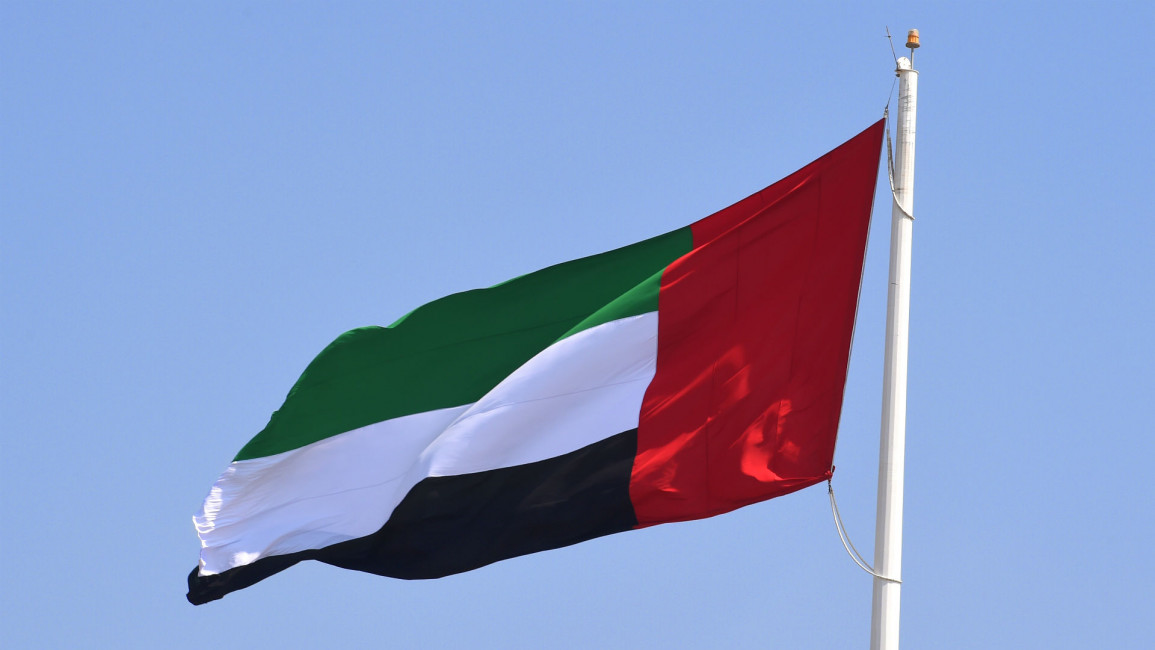UAE lodges memo to UN committee denying racial discrimination against Qataris
The UAE has responded to a recent ruling by the International Courts of Justice (ICJ) by lodging a memo reaffirming its committment to the International Convention on the Elimination of All Forms of Racial Discrimination.
Following a case filed against the UAE by Qatar, the ICJ ruled last month that Abu Dhabi had violated the rights of Qatari citizens during the ongoing Saudi-led boycott of Doha.
Abu Dhabi is seeking to push back against allegations that it violated the convention by deporting Qataris citizens who were living in the UAE before the boycott began on 5 June last year.
The newly-lodged memo insists that action taken after the boycott was against the Qatari government and not its citizens.
A news report announcing the memo's release by the UAE's official WAM news agency said that the Emirates' "precautionary measures were not aimed at harming Qatari citizens, who already suffer as a result of their government's actions".
Despite taking steps to rebut Qatar's allegations of racial discrimination, the UAE had previously insisted that the ICJ had no authority to hear the case and stressed the situation for Qataris living in the country today is different from a year ago.
The ICJ ruled on 23 July that UAE must "ensure that families, which include a Qatari member, separated by the measures adopted by the UAE... are reunited".
It added that Qatari students should be allowed "to complete their education" in the Emirates.
The Saudi-led boycott of Qatar began in June 2017, when Saudi Arabia, Bahrain, Egypt and the UAE severed ties with Qatar, accusing the Gulf state of supporting terrorism and fostering close ties with Iran.
Doha has strongly denied the allegations and refused to cave in to a list of demands presented by the Saudi-led bloc.
Diplomatic efforts have so far proved fruitless in resolving the crisis which has rendered the six-nation Gulf Cooperation Council practically obsolete.


![President Pezeshkian has denounced Israel's attacks on Lebanon [Getty]](/sites/default/files/styles/image_684x385/public/2173482924.jpeg?h=a5f2f23a&itok=q3evVtko)



 Follow the Middle East's top stories in English at The New Arab on Google News
Follow the Middle East's top stories in English at The New Arab on Google News


